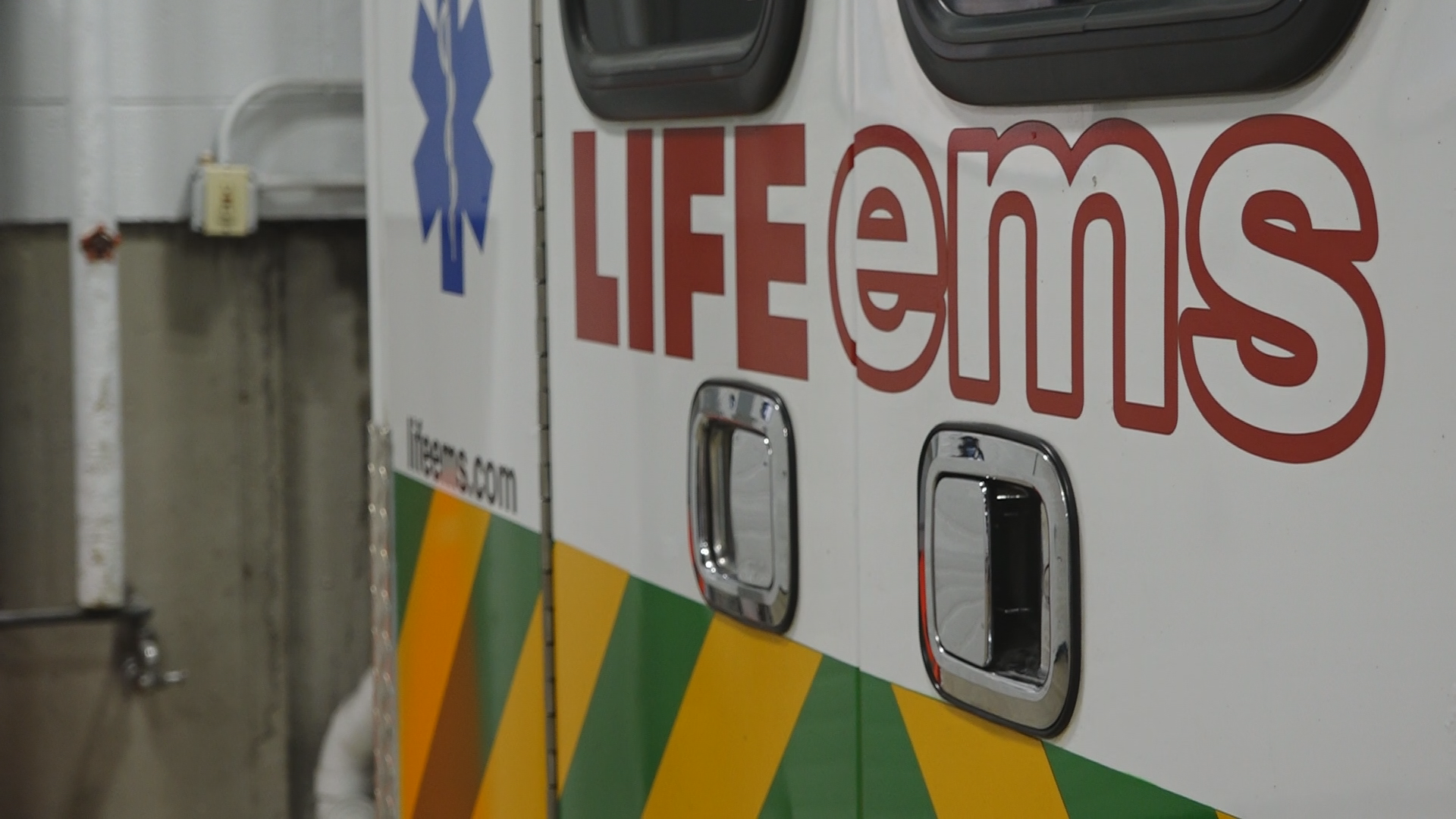GRAND RAPIDS, Mich. — It's not every day that West Michigan receives the type of harsh conditions this weather event is about to bring. But people can rest a little easier knowing just how many people are going to be looking out for them in the days to come.
"The community really needs to understand that this is a monumental effort by many, many people," said Matt Groesser who serves as the emergency management coordinator for Kent County.
Among those organizations working to help is Life EMS Ambulance. The organization covers 10 counties in West Michigan, and on any given day they may be called to an emergency in the heart of Grand Rapids, or in the Manistee National Forest. So sometimes when winter weather strikes, they have to get creative to rescue patients.
"We have a lot of great partnerships with fire departments and first response units that often have ORVs, snowmobiles, and other kinds of access equipment to get to the patients so that we don't end up getting our ambulance halfway down a two track and getting stuck," said Life EMS president Mark Meijer.
But even with their clever tricks, winter weather does slow down response times.
"Whether it's urban or rural, we know that it's going to not only take us a bit longer to get to the scene, but in packaging up the patient safely and getting them to the hospital. That's going to probably increase our total time on the call in the patient response by 50 to 100 percent," Meijer said.
"So we're trying to deploy some extra crews throughout Friday and Saturday and looking at Christmas Day as well, so that we can try and balance that."
Meanwhile, Kent County Emergency Management has been working on getting the word out to people about the potential impacts of the storm, in hopes that most people would have everything they need to hunker down by now.
"What we're focusing on now is sort of what do you do now that we're in the event? What should be a 9-1-1 call?" Groesser said.
"All those calls need to be reserved for emergencies only. Life-threatening emergencies, where someone either is in danger or could be based on the condition that people are calling in."
Making sure that 9-1-1 is only used for emergencies can help keep dispatchers and first responders from being overwhelmed. For non-emergencies, you can call 2-1-1 and the United Way can help you find food, shelter and other essentials.
Another thing people can do to make sure emergency crews aren't stretched thin during the storm is to avoid taking unnecessary risks.
"Just be careful. It's common sense. If the public safety agencies are asking you don't drive today, take that very seriously," Meijer said.
►Make it easy to keep up to date with more stories like this. Download the 13 ON YOUR SIDE app now.
Have a news tip? Email news@13onyourside.com, visit our Facebook page or Twitter. Subscribe to our YouTube channel.

